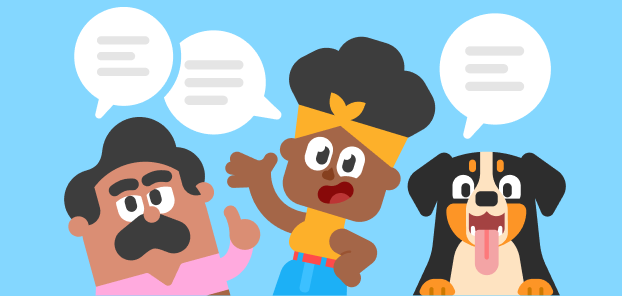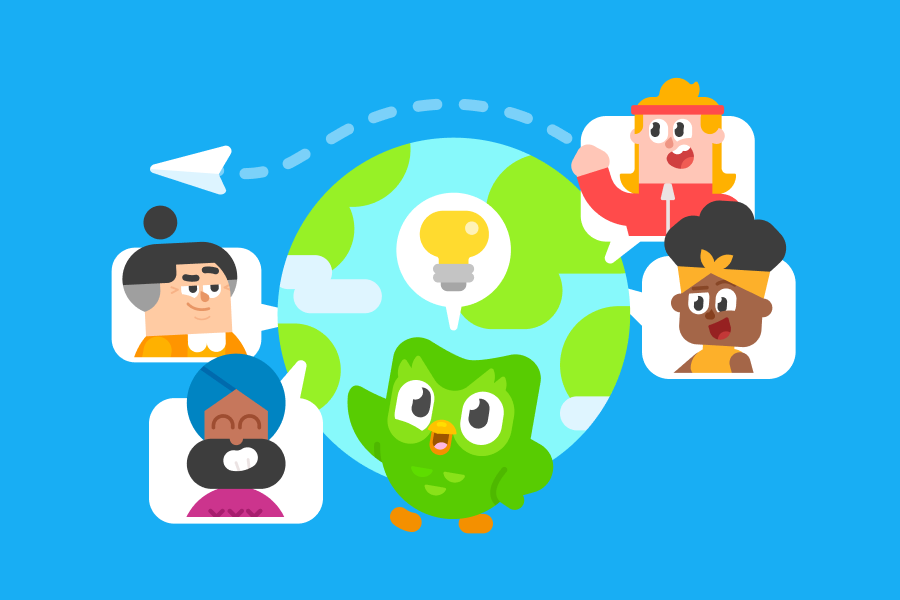Have you ever communicated with someone else in a language that neither of you speak natively? Then you’ve used a lingua franca!
These languages serve a special communication purpose, whether it’s English and French as lingua francas of the United Nations, or travelers finding common languages to get by. Once, while backpacking through Georgia (the country), I wasn’t able to communicate with my host family—we didn’t speak any languages in common! Fortunately, I met some Estonian families who knew English, so I could use English with them as a lingua franca (my first language is actually French), and they could translate it to the Georgian family by speaking to them in yet another lingua franca… Russian!
Here’s how lingua francas solve all kinds of communication obstacles.

What is a lingua franca?
They’re like magic keys that open doors of communication that would otherwise remain shut! There are many lingua francas, and just as many ways that a language becomes one.
For example, Estonia and Georgia were once part of the Soviet Union, where Russian was the lingua franca. Children in the Soviet Union learned Russian in school, and, to a large extent, Russian remains a lingua franca in post-Soviet states today.
The original lingua franca
Today, lingua franca is a term that can indicate many different languages—but it started as the name of an actual language spoken in the Mediterranean basin from the 11th to 18th centuries. Lingua comes from the Italian (and Latin) word for “tongue” or “language,” and franca referred to Western Europeans. To the people who first used the phrase Lingua Franca, the language sounded like what people spoke in Western Europe. And that’s not far from the truth: Lingua Franca (also called Sabir) was a pidgin language—a simplified language based on other languages—and in this case, it was a mix of different Romance languages and other languages used around the Mediterranean.
Lingua Franca was used for trade and diplomatic purposes by groups of people who otherwise couldn’t have understood each other, because they had their own languages, from their own communities. Over time, lingua franca came to refer to other pidgins as well, and eventually to any language that allows communication between speakers of different languages.
Lingua francas around the world today
English, French, and Russian aren’t the only lingua francas—there are many others! Spanish and Portuguese are also well-established lingua francas in many regions of the world. In East Africa, Swahili is considered a lingua franca, while Arabic is a lingua franca in other parts of Africa and the Near East. This is also the case for Mandarin Chinese in China, a country where more than 300 languages are spoken, and Hindi in India, home to more than 450 languages. In Papua New Guinea, a country known for its astonishing bio- and linguistic diversity (with more than 800 languages), Tok Pisin and Hiri Motu have emerged as lingua francas. They can be found anywhere different linguistic groups need to communicate!
Lingua francas vs. other languages
The history of most lingua francas unfortunately involves colonization and/or oppression. Languages chosen as lingua francas are not more worthy because they’ve taken on this status, and the people who speak a lingua franca natively don’t possess superior qualities. Rather, the status of lingua francas is the result of power and politics.
Should learners study a lingua franca?
Studying a lingua franca can be a strategic choice for learners, especially for those preparing to communicate during an upcoming trip. Learners can still work on picking up words and phrases from other local languages and dialects, but learning a new language is always a fun challenge, so it can make a lot of sense to choose a language that will make your experience smoother and more enjoyable!
Unlock communication with lingua francas!
No matter what language you're studying, it’s connecting you with people from all over the globe! Lingua francas especially turn the whole world into a place where we can all talk, share, and learn from each other. Keep learning and keep connecting! 🌍🗣️
